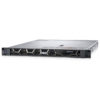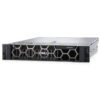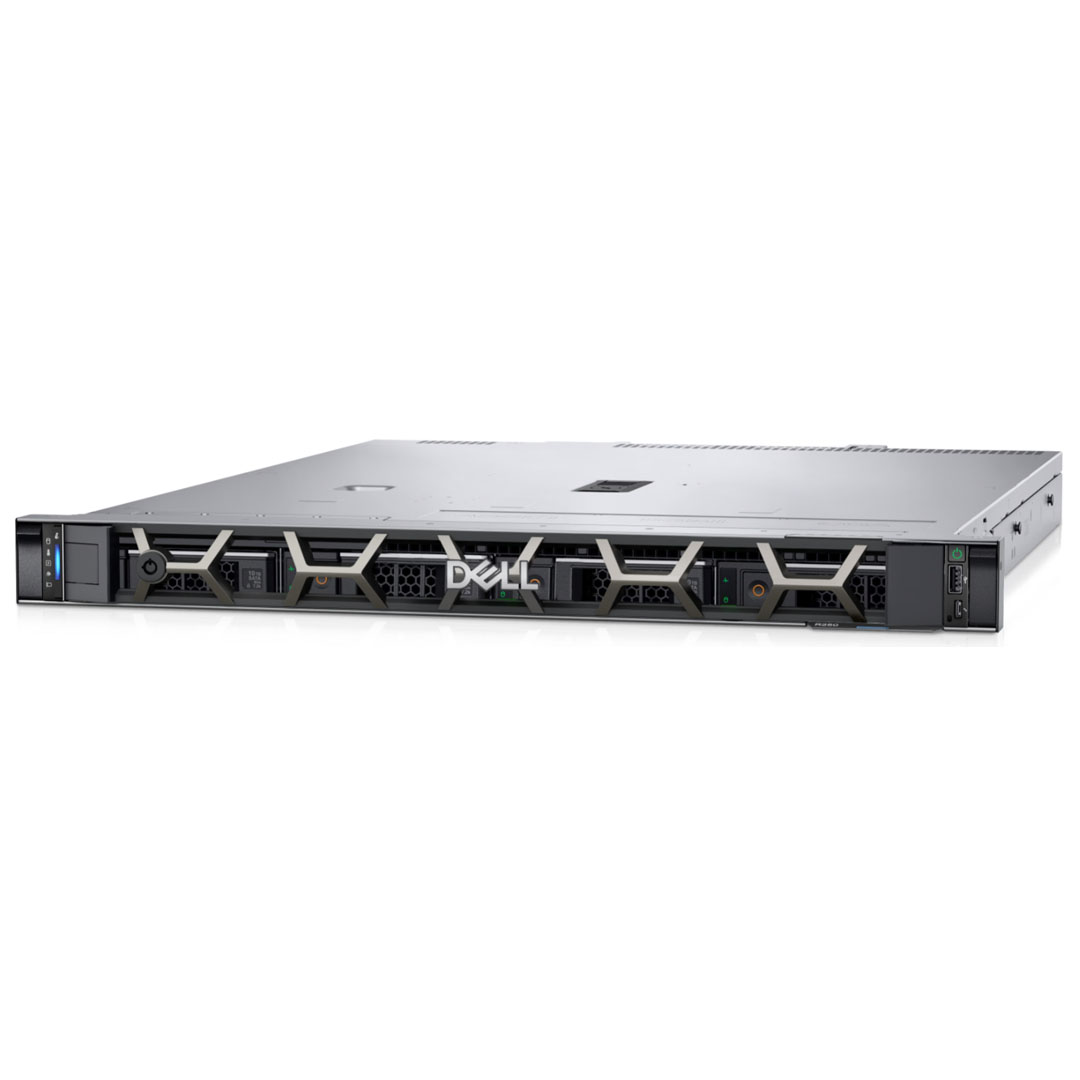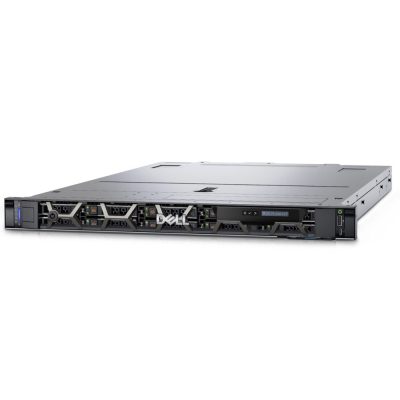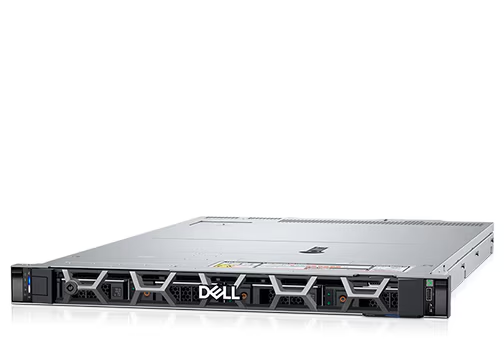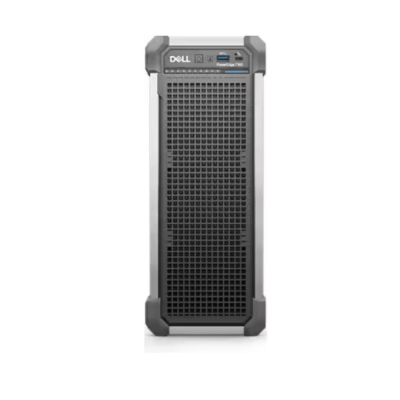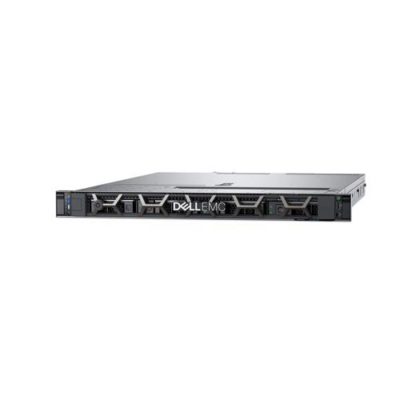₹118,800.00
Brand : Dell
CPU :Intel Xeon E-2314 2.8GHz, 8M Cache, 4C/4T, Turbo (65W), 3200 MT/s
Max Memory : 4 DIMMS
Memory : 1 x 16GB UDIMM
Max HDD Scalability : Up to 4, 3.5″ Cabled Hard Drives and Software RAID
Hard Disk :2TB Hard Drive SATA 6Gbps 7.2K 512n 3.5in Cabled
Power Supply : Single, Cabled Power Supply, 450W Bronze
System Management : iDRAC9,Enterprise
Warranty : 3YR ProSupport Next Business Day Onsite
GST @18% is applicable.
Description
Buy Dell PowerEdge R250 1U Rack Model Online
The Dell PowerEdge R250 is a 1U rack-mounted server model, designed for various business and data center applications.
Here are some product features:
Form Factor: The “1U” in the description refers to the height of the server in rack units. A 1U server is quite compact and is commonly used in data centers where space efficiency is crucial.
Processor: The Intel Xeon E-2314 is a member of the Intel Xeon E-series processors. These processors are typically designed for entry-level and small business servers, offering a balance between performance and affordability. They are suitable for tasks like basic virtualization, light database workloads, and general business applications.
Server Usage: The Dell PowerEdge R250, being a rack-mounted server, is likely intended for deployment in data centers, server rooms, or other environments where space is limited. It might be used for various purposes such as hosting websites, running applications, file and print services, and more, depending on the configuration and performance capabilities.
Memory and Storage: Typically, servers like these can accommodate a certain amount of RAM (memory) and have slots for hard drives or solid-state drives (storage). The exact specifications will depend on the specific configuration you choose.
Remote Management: Dell PowerEdge servers often come with features like iDRAC (Integrated Dell Remote Access Controller), which provides remote management capabilities. This allows administrators to monitor and manage the server even if it’s not physically accessible.
Networking and Expansion: Rack servers often have multiple network ports to facilitate connectivity, and they can support expansion through PCIe slots for additional functionality.
